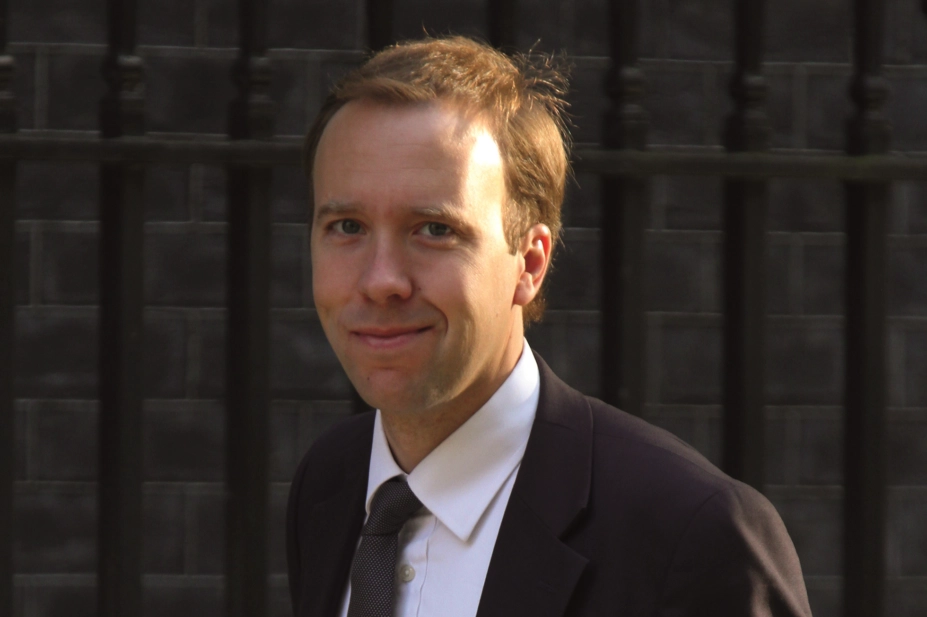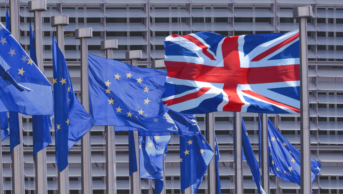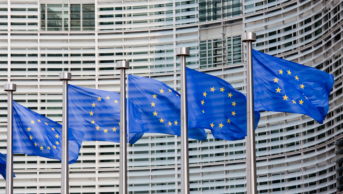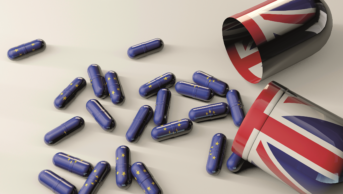
Shutterstock.com
Drug manufacturers and health industry leaders have demanded a meeting with health and social care secretary Matt Hancock after warning that the government’s current medicines supply plans will not suffice in the event of a ‘no-deal’ Brexit.
In an open letter to Hancock, dated 30 October 2018, representative bodies including the Association of the British Pharmaceutical Industry, the Brexit Health Alliance, (which includes the Academy of Medical Royal Colleges) and the NHS Confederation said the UK risks “widespread shortages” under the government’s current medicine supply plans.
In August 2018, the government told pharmacists not to stockpile drugs as the government was working with manufacturers to secure six weeks’ worth of medicine stocks.
The open letter said that owing to “the sensitivity of this issue”, the signatories “request that [Matt Hancock should] convene and chair a round table of the key parties to ensure continued public confidence, effective coordination between the NHS and broader healthcare system and its suppliers as soon as possible”.
It added: “Time is very tight. We support you in your efforts to raise the warning level in government.
“Only when we start to work through options will we all know where we are, but on medicines supply, on what we know and can glean from public information, we think we are at ‘red’.”
The request came as research from health policy think tank the Nuffield Trust, published on 13 November 2018, estimated that a no-deal Brexit will cost the NHS an extra £2.3bn by the end of 2019/2020.
The figure includes an extra £830m spend on unbranded medicines and an extra £920m on branded medicines based on financial modelling by the University of Sussex, which estimates that prices in the “chemicals and pharmaceuticals” sector would rise by 7.5% if the UK left the EU without a deal.
Mark Dayan, policy and public affairs analyst at the Nuffield Trust and author of the research, noted that £2.3bn “is equivalent to the entire annual budget of around six NHS trusts”.
He added: “Unfortunately, a no-deal scenario would also mean less money in the Treasury to bail out the service. The days of indefinite austerity for the health service would be back.”


